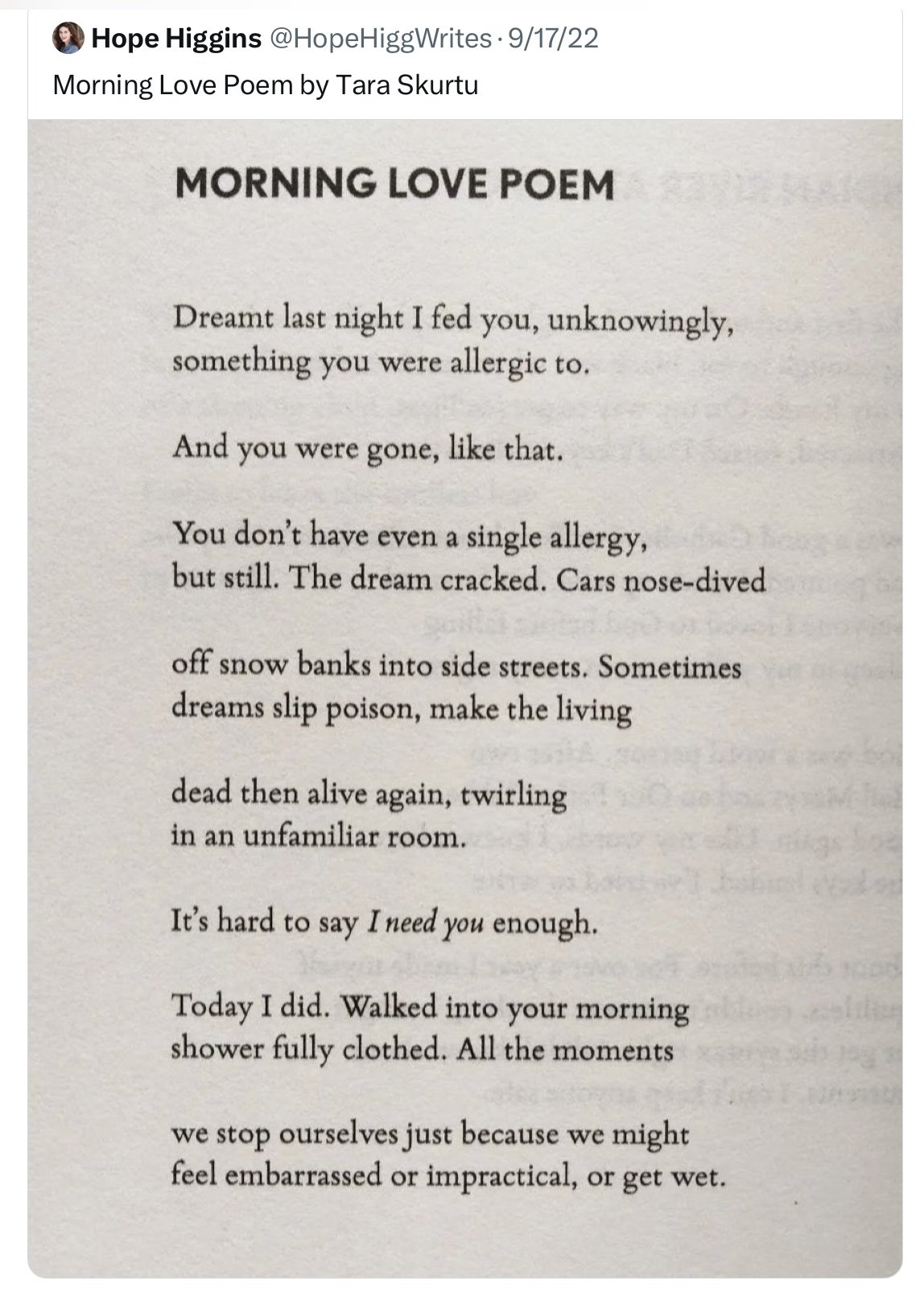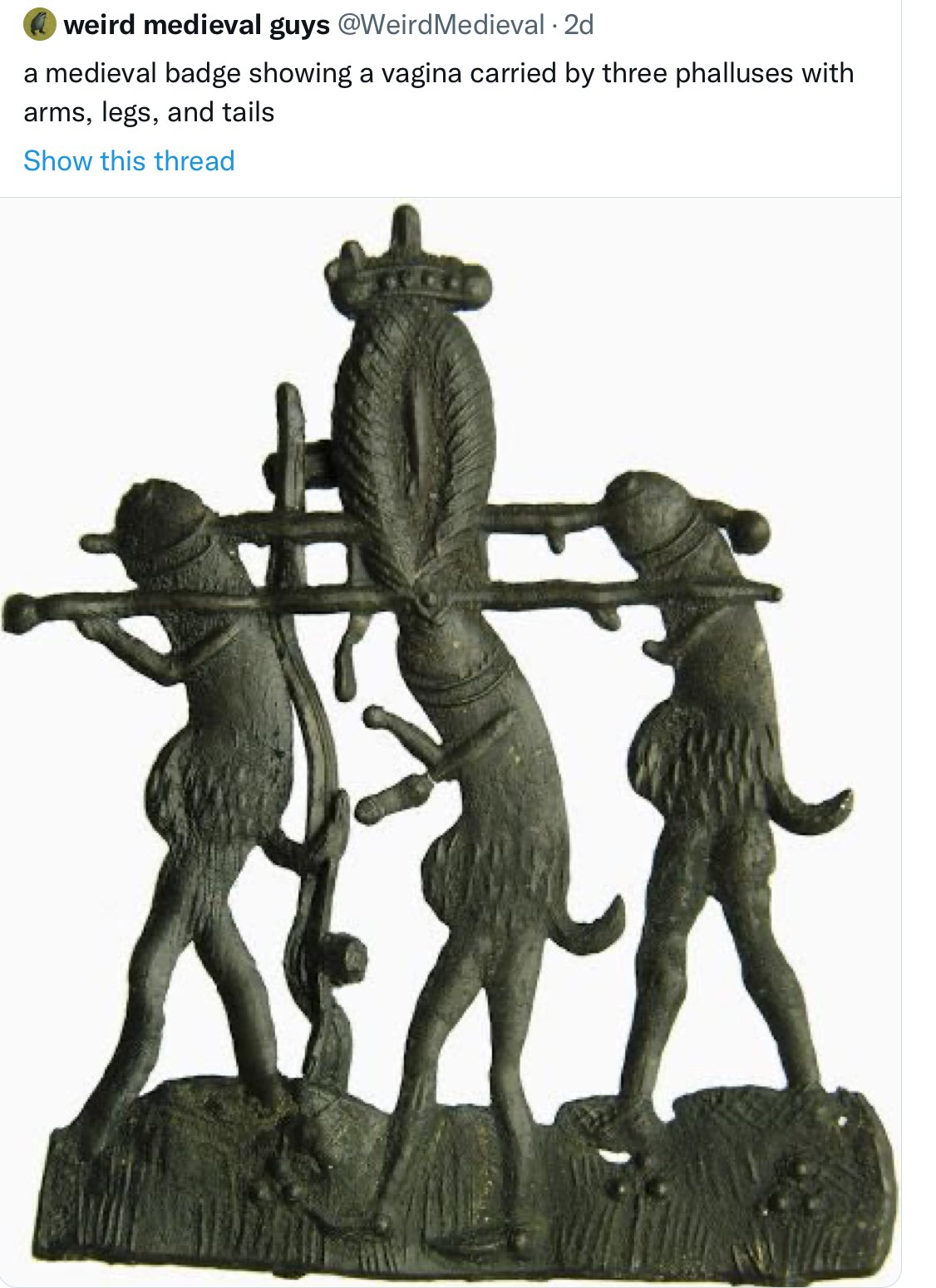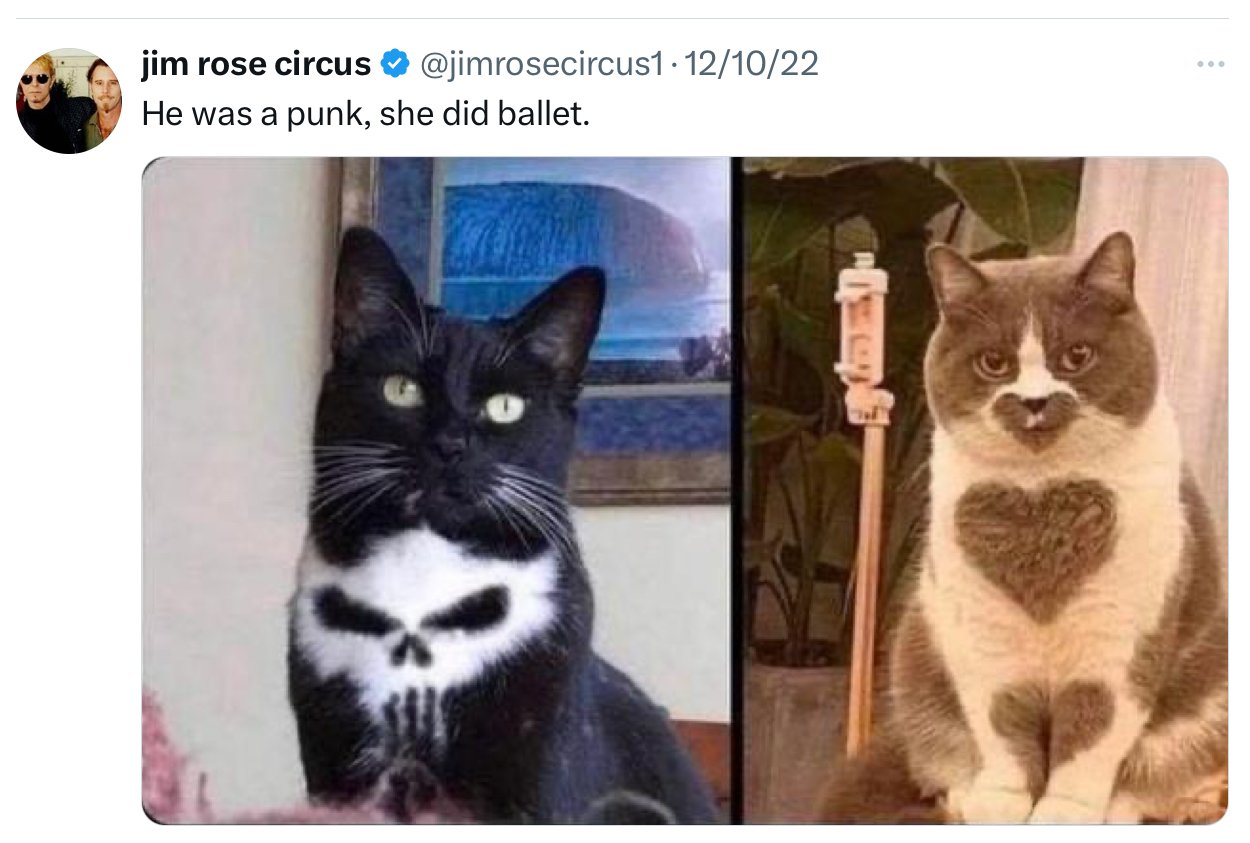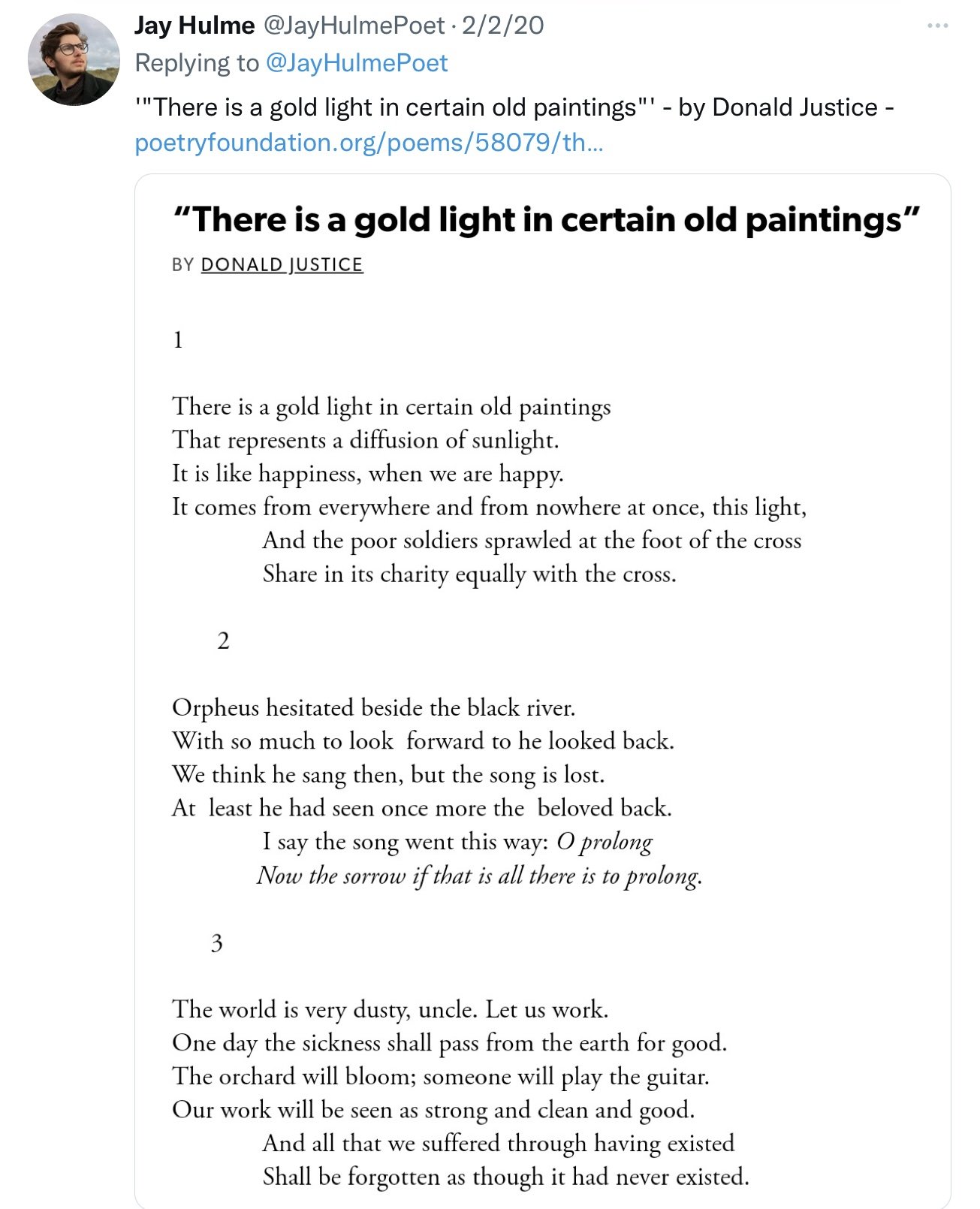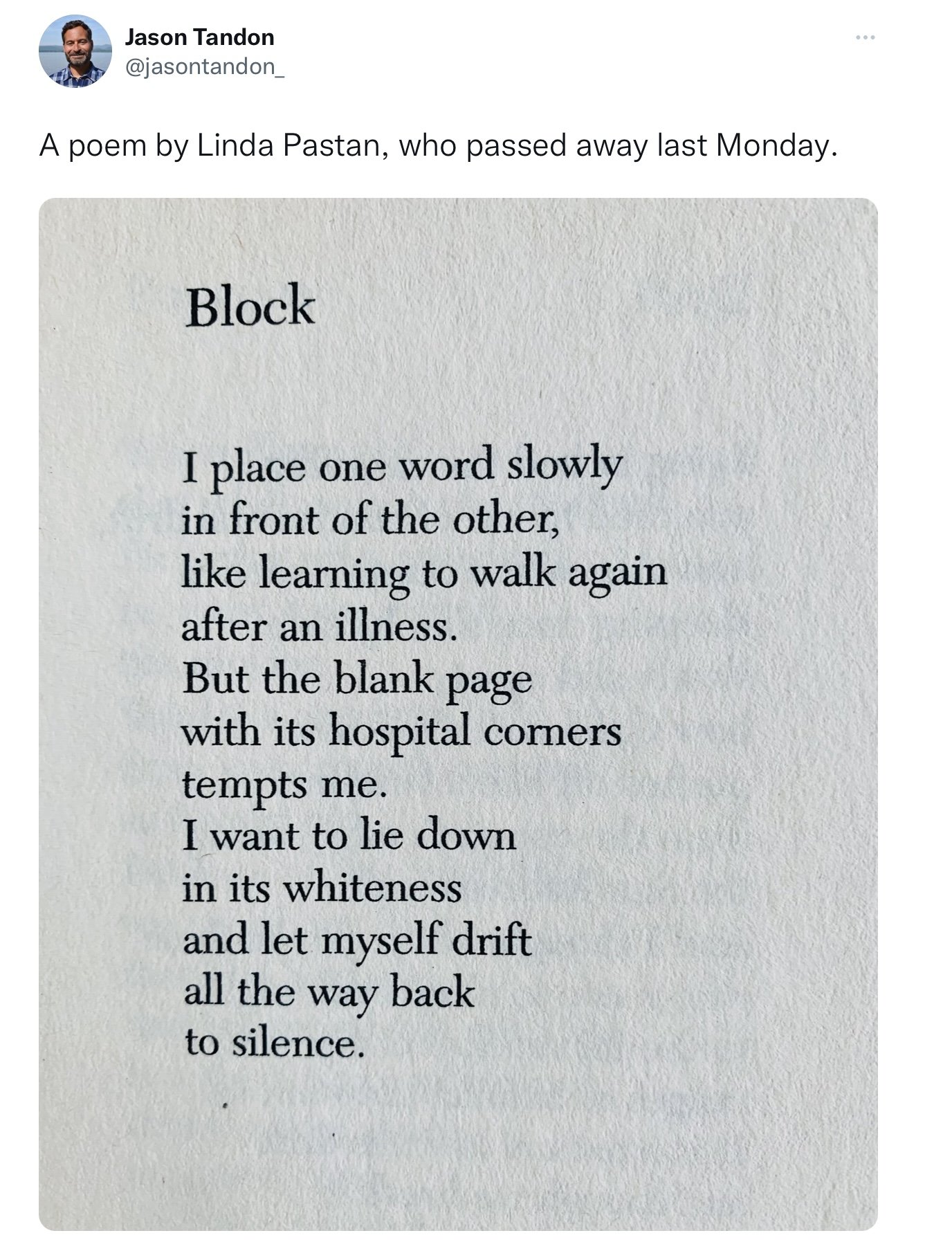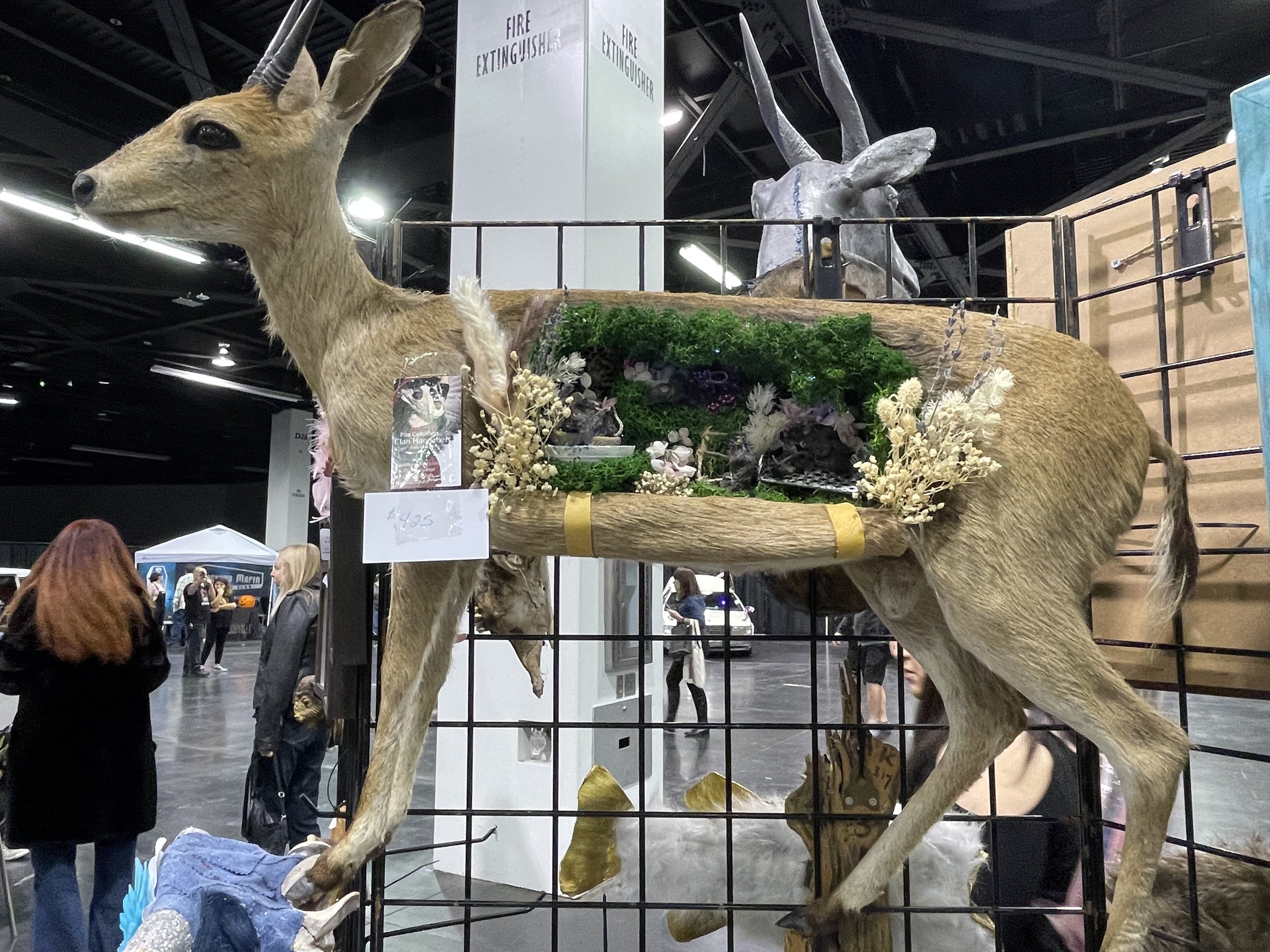For the first prompt, create your own footnote poem in which the title explains the lines’ reference(s). A religious book or the name of a myth or famous movie, book, or even character would all work.
The second prompt is to use the opening line “At what point does silence become surrender?” as a ghostline. Remember to erase the line and give credit to the poet.
For a third prompt, write a list poem on envy using the line “This is envy, this is my blood building a boat in your / raging voice” as either ghostline or title or epigraph. Do give credit regardless.
For the last prompt from this poem, write a poem using the following word list: “silence,” “whimper,” “storm,” “sacrifice,” “platform,” “knife,” “ram,” “voice,” “smeared,” and “speck.” Try to use the nouns in the poem as verbs and vice versa in yours.
Now for a change, rather than writing, let’s talk about where to submit poems. I ran across Angela T. Carr’s list of publication deadlines late so that many of the January submission periods have already closed, but there are still publications open until February.
If you have a full-length poetry collection ready, Emily Stoddard generously shared a list of 183 publishers, their deadlines (if set), and reading fees (if any) on her substack.
As always, I am grateful to the generosity of so many in the poetry community.















